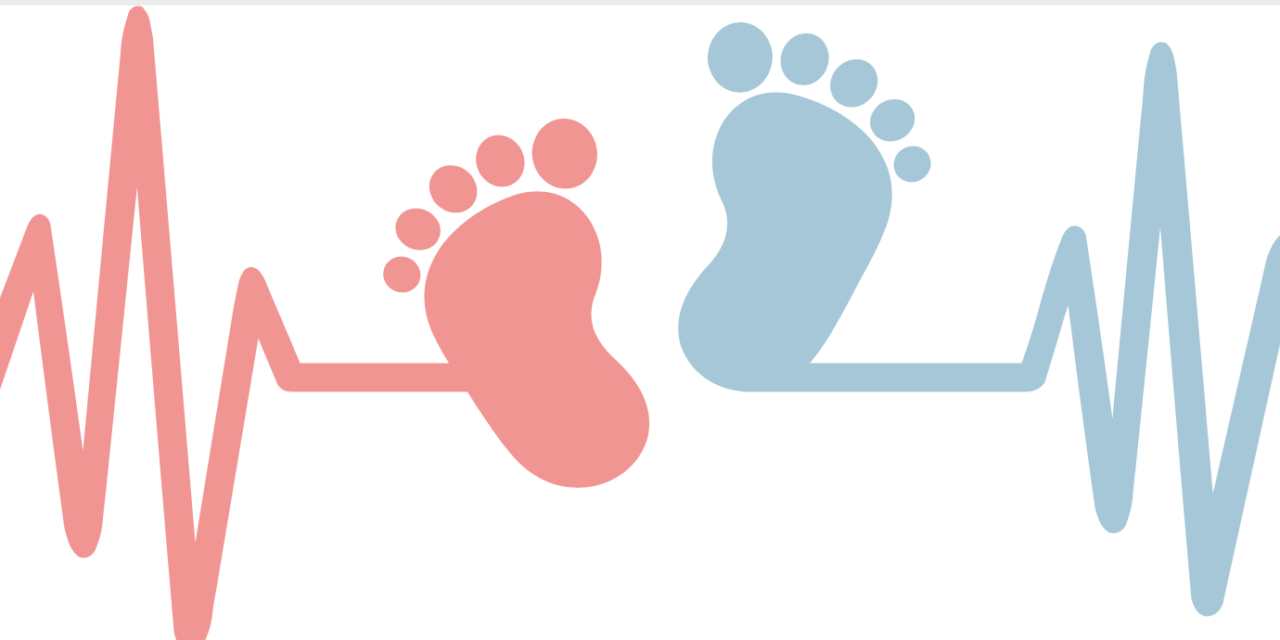The ground seems to be shifting under our feet almost daily when it comes to abortion policy across the states, much of it in a pro-life direction. One such state experiencing a boost in its effort to save pre-born lives is Iowa, where the state is asking a court to lift its 2019 order blocking a heartbeat abortion ban from taking effect, and the request has a good chance of succeeding.
And there’s more at play in this situation than simply the U.S. Supreme Court’s June decision in Dobbs v. Jackson Women’s Health Organization, although that ruling definitely plays a part.
It’s also a success story of how engaged voters can change the direction of a state in a conservative, pro-life direction. Here’s what happened.
Iowa has a history of electing governors from both major political parties, and control of its legislature periodically shifts as well. And elections have consequences. The governor appoints the state’s judges, using nominees selected by a nominating commission. For a long time, that commission was controlled by the state bar association, and nominees were less the choice of the governor than the left-of-center attorneys on the committee.
In 2009, a low-level county court judge in Polk County, Iowa, shocked the state and the nation by ruling that the Iowa Constitution contained a right to same-sex marriage. The Iowa Supreme Court, which consists of seven justices, then ruled unanimously in favor of the same sex couple who brought the lawsuit. This made Iowa one of the first states to legalize same-sex marriage, but it also spurred Iowa politics into a new era.
In 2010, three of those Supreme Court justices were voted out of office by Iowa voters in what is called a “retention” election. Even though governors appoint them, Iowa judges need a 50% approval vote by citizens on a periodic basis to remain as judges. Iowa voters were upset at the court for creating same-sex “marriage” and made their feelings known at the ballot box.
Also in the Iowa general election that same year, voters elected a conservative governor, who served until 2017, when he was replaced by another conservative, Gov. Kim Reynolds, who currently holds office.
Remember, governors appoint justices and thus have the ability to influence the makeup of the state’s highest court over time. It cannot be overemphasized: Elections have consequences.
In 2018 the Iowa legislature passed a law requiring a woman to wait 72 hours after her initial consultation with an abortionist before obtaining an abortion. A county judge permanently enjoined (blocked enforcement of) the law by declaring that the Iowa Constitution guaranteed the “right” to abortion. The state supreme court, a majority of whom still operated from a liberal judicial philosophy, affirmed the trial judge’s decision.
Suddenly, in Iowa in 2018 there was both a federal as well as a state constitutional “right” to abortion.
The state’s pro-life future looked bleak.
Undaunted, the state legislature passed a heartbeat abortion ban in 2018, which prohibits abortions once a fetal heartbeat can be detected. The law contained exceptions for medical emergencies—including threats to the mother’s life and “serious risk of substantial and irreversible impairment of a major bodily function,” and for other rare circumstances—including rape, incest, and fetal abnormality.
Planned Parenthood sued the state and obtained an order in 2019 from a county court blocking the law, based on the state supreme court’s 2018 ruling declaring the Iowa Constitution contains a “right” to abortion.
But Iowa wasn’t finished fighting for the pre-born. Two important developments have occurred since 2019.
First, the Iowa legislature modified (in 2019) the judicial selection system to give the governor, who is accountable to voters, more sway in the nomination process than the liberal state bar association, which has no accountability. That helped ensure the appointment of justices with a judicial philosophy more in line with the governor’s preferences than the bar association’s.
Second, recent appointments by the governor to the high court mean that of the seven justices on the court, six have been appointed by conservative governors since 2010.
Then on June 17, 2022, a week before the U.S. Supreme Court handed down its Dobbs decision overturning Roe v. Wade, the Iowa Supreme Court, with its new members, had the opportunity to revisit its 2018 abortion decision and reversed itself, declaring the Iowa Constitution does not guarantee a right to abortion.
“Today is resounding victory, not just for life, but for proper and constitutional rule of law,” Bob Vander Plaats, President and CEO of The FAMiLY Leader, an ally of Focus on the Family said in response to the Iowa high court’s ruling.
A week later Dobbs was handed down. Suddenly there was neither a federal constitutional “right” to an abortion nor a parallel Iowa constitutional “right.” What wonderful timing for what happened next!
On August 11, attorneys with Alliance Defending Freedom (ADF), on behalf of the state of Iowa and Gov. Reynolds, petitioned the Polk County Court to lift its permanent injunction against the state’s heartbeat abortion law, citing a “substantial change in the law” that prompted the injunction.
There’s good cause to be optimistic that the Polk County Court will be forced to remove its block on Iowa’s heartbeat law, because if the lower court won’t do it, the state supreme court probably will.
“States like Iowa can now affirm that life is a human right and ensure women have real support when faced with a pregnancy,” ADF Senior Counsel Denise Harle, director of the ADF Center for Life, said in a press release. “We’re pleased to work alongside Gov. Reynolds to help defend Iowa’s fetal heartbeat law as we continue our crucial efforts promoting life-affirming laws for mothers and children.”
Please pray for the quick success of ADF in its legal efforts to assist Iowa in reclaiming its right to protect preborn children.
Photo from Shutterstock.






